Black Bart (1948) Online
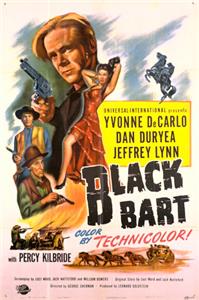
Cheerful outlaw Charlie Boles leaves former partners Lance and Jersey and heads for California, where the Gold Rush is beginning. Soon, a lone gunman in black is robbing Wells Fargo gold shipments. One fateful day, the stage he robs carries old friends Lance and Jersey...and notorious dancer Lola Montez, coming to perform in Sacramento. Black Bart and Lance become rivals for both Lola's favors and Wells Fargo's gold.
| Complete credited cast: | |||
| Yvonne De Carlo | - | Lola Montez | |
| Dan Duryea | - | Charles E. Boles / Black Bart | |
| Jeffrey Lynn | - | Lance Hardeen | |
| Percy Kilbride | - | Jersey Brady | |
| Lloyd Gough | - | Sheriff Gordon | |
| Frank Lovejoy | - | Mark Lorimer | |
| John McIntire | - | Clark | |
| Don Beddoe | - | J.T. Hall | |
| Ray Walker | - | MacFarland | |
| Soledad Jiménez | - | Teresa | |
| Eddy Waller | - | Ed Mason (as Eddy C. Waller) | |
| Anne O'Neal | - | Mrs. Harmon (as Anne O'Neil) | |
| Chief Many Treaties | - | Indian |
Debut of Frank Lovejoy.
Charles E. Boles was the historical figure of Black Bart, and he reportedly held up 28 Wells Fargo stagecoaches in Northern California before he was captured in 1882. The real-life Boles operated alone, used an unloaded weapon, and often-times he left poems inside the strongboxes he had looted. After his release from prison he disappeared.His place and date of death is unknown.
Edmond O'Brien was originally cast in the role of Lance Hardeen but he was replaced by Jeffrey Lynn.
The script by Luci Ward and Jack Natteford is based on a true story.
It was the first film produced by Leonard Goldstein for Universal-International.
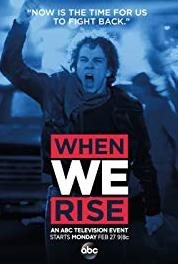

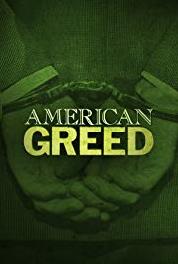

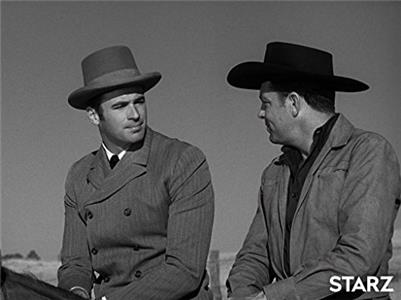
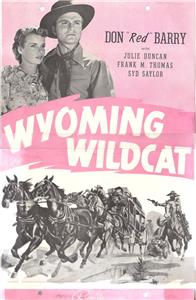
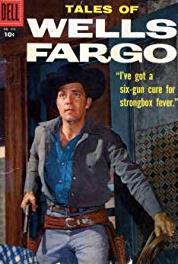
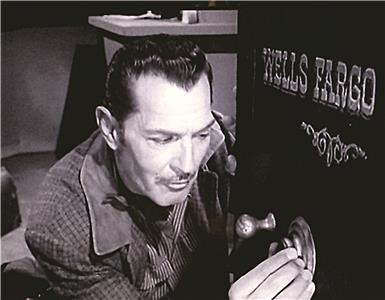
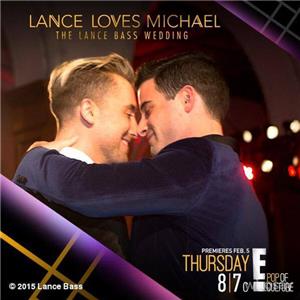
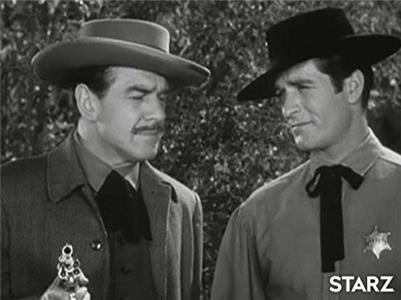
User reviews